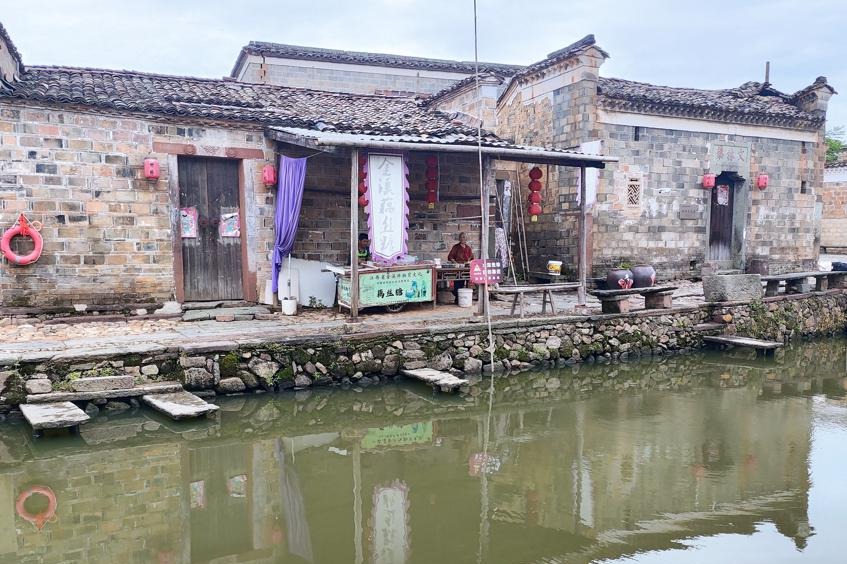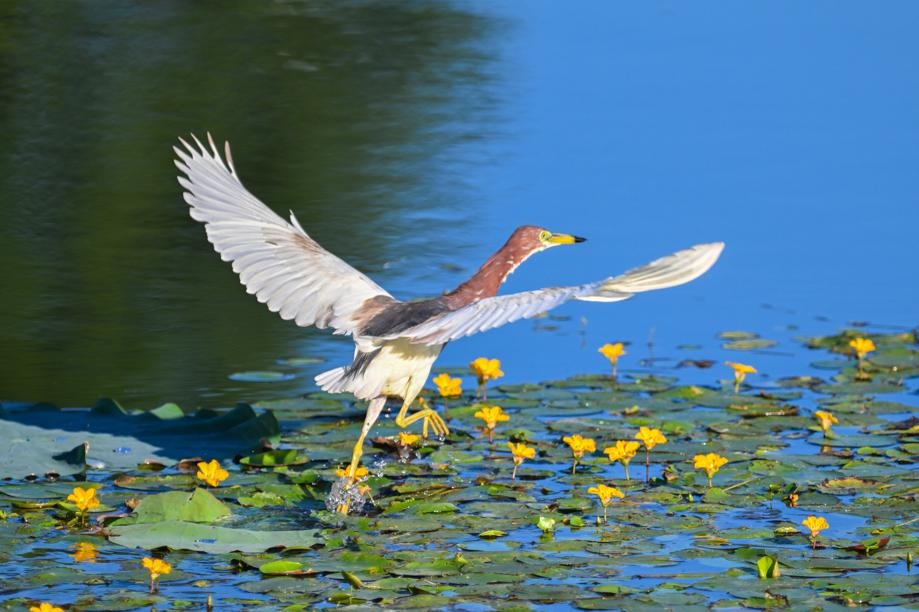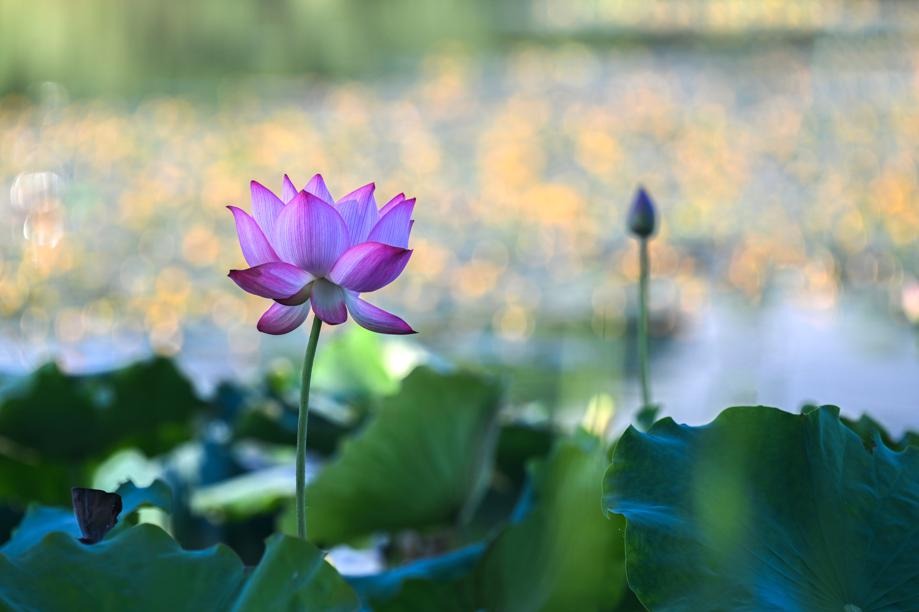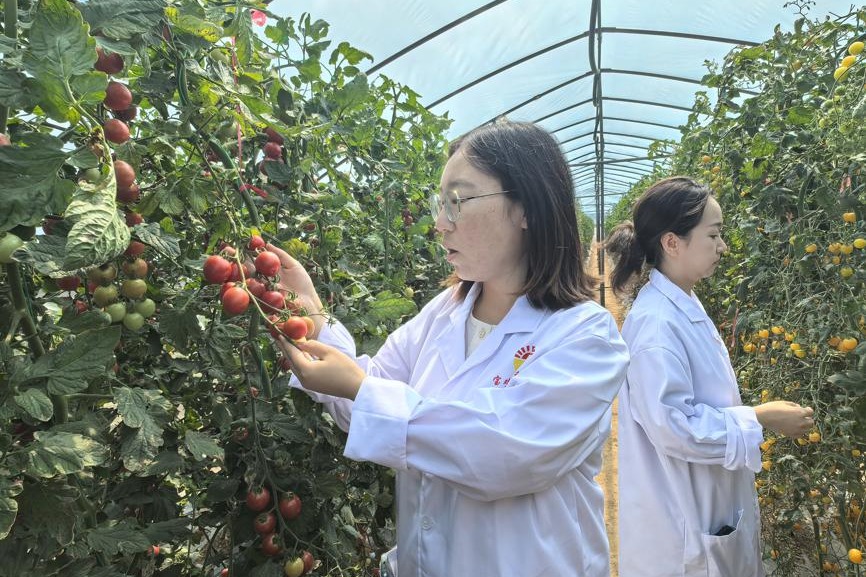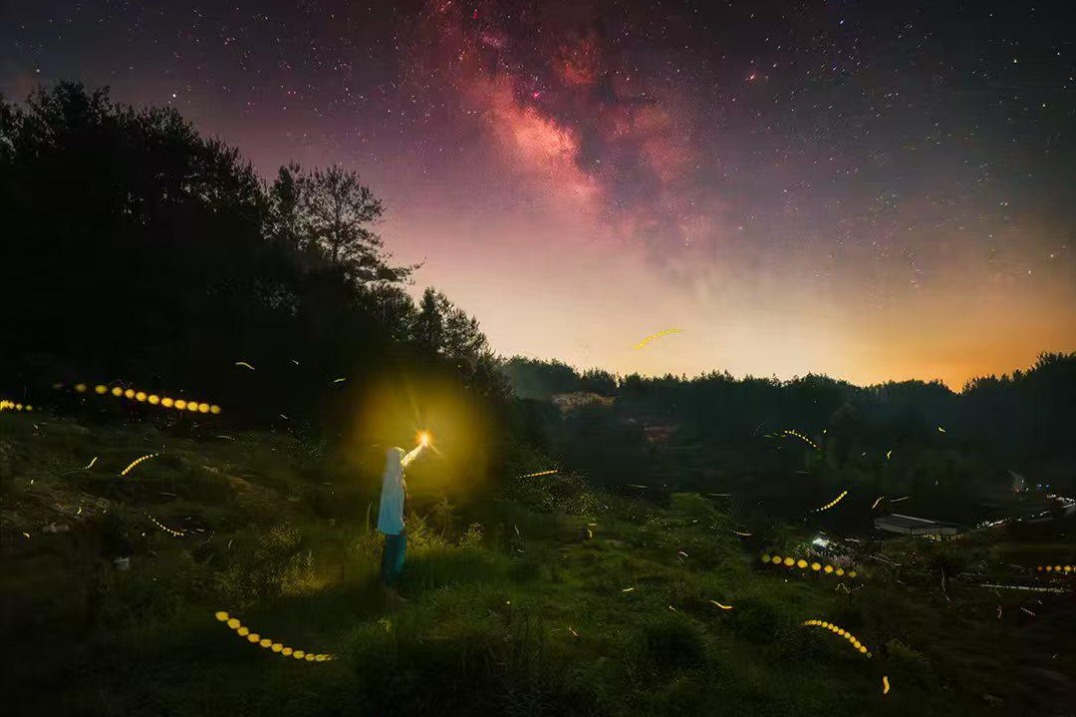Elderly focus of COVID-19 vaccination


Seniors still getting jabs at lower rates, though risks of serious illness higher
After getting her first dose of COVID-19 vaccine on April 23, Chen Jingyu, an 88-year-old in Jiangsu province, said she plans to receive the second dose this week.
She's lagged behind her children and grandchildren who already had their booster shots several months ago, as well as some peers in her neighborhood.
"I decided to take it slow because when domestic vaccines were first rolled out, only those aged under 60 were eligible, seemingly suggesting they might not be safe for us," Chen said.
Even though rice, cooking oil and supermarket coupons were provided as incentives for the vaccinated elderly, she said such gifts could not offset concerns over potential side effects.
But recently, she took note of the high COVID-19 death toll among the elderly in Hong Kong and health experts' appeals during news briefings.
"My sisters in their early 80s also told me that they experienced no side effects after being vaccinated. That's why I made up my mind to get the jab," Chen said.
While China started late in vaccinating its elderly, the recent wave of the Omicron-fueled epidemic, strengthened education campaigns and more convenient services have helped boost immunization among seniors.
Official data from the National Health Commission has shown that during the 25 days from Feb 25 to March 21, the number of fully vaccinated people aged 60 and above increased by 900,000.
While during the 25 days from April 18 to May 12, the number had jumped by over 2.31 million.
As of Thursday, the mainland had fully inoculated 216 million, or nearly 82 percent of its elderly population. It had also administered booster shots to 164 million of them, according to the commission.
However, because China started vaccinating adults aged 18 to 59 first before gradually expanding to the elderly, its vaccination coverage among the elderly is relatively low and still lags behind many other countries.
Qiu Haibo, vice-president of Southeast University in Nanjing, Jiangsu province and a medical expert sent by the State Council to Shanghai, said that during the recent outbreak in the city, nearly half of the severe cases were in those aged 80 and above, but only 3.6 percent of them had obtained a vaccine.
Moreover, only 1.3 percent of mortality cases in those aged 80 and above had been vaccinated, he said during an interview with China Central Television.
With China's dynamic zero-COVID strategy providing precious time for Shanghai and other regions to boost vaccination coverage, "the next challenge will be to enhance the communication between healthcare providers and the public to overcome vaccine hesitancy and make vaccination accessible to all people, the older and vulnerable people in particular," Zhang Wenhong, an infectious disease expert based in Shanghai, said in an article published in The Lancet this month.
Lei Zhenglong, deputy director of the commission's bureau of disease prevention and control, said during a news briefing last week that local governments have intensified efforts to spread awareness among the elderly while taking their demands into consideration, such as setting up "green inoculation channels" for them.
In Tianjin, Wu Dinghe, 92, received his first shot earlier this month. The medical team that came to his home consisted of a social worker, a volunteer, a police officer and a medical practitioner who gave him a health checkup before vaccination.
"It was really convenient for us to be able to get the vaccine at home," he said.
According to a preview study published by Nature Medicine on May 10, a prerequisite for China to reduce the fatality rate of the Omicron variant to that of common influenza is to vaccinate around 97 percent of its senior population.
Pushing the uptake of vaccines and booster shots among those aged 80 and above could be particularly difficult. The latest available data on vaccination status among those aged 80 to 89 was dated to mid-March, when less than 59 percent of them had been fully vaccinated, compared with 89 percent among 60 to 69 and 86 percent among 70 to 79.
For Chen, from Jiangsu province, she said she was still debating whether to get a third shot in six months.
"What if the pandemic is over by then? What if a booster shot would trigger worse side effects in me than the first two shots?" she said. "Currently, I am not sure."
- Smart agriculture provides solutions for BRI countries
- Foreign experts, journalists explore China's cultural heritage
- Jiangxi county pioneers innovative rural development approach
- China's 'medicine capital' company goes fully automated
- Beijing prosecutors helping errant minors to get back on track
- Copyright Society of China wins approval to be observer of world intellectual property body
















